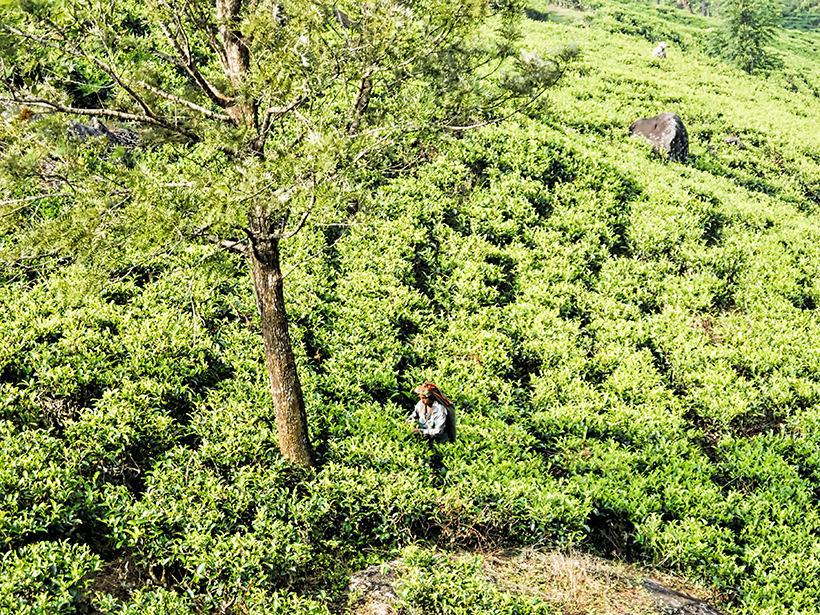Jen Burney on how climate change could threaten your cuppa | EOS

Earth & Space Science News reached out to Affiliate Jen Burney for comments about how Climate Change could threaten the tea plantations of Sri Lanka, who points to elements associated with the tea plants themselves, such as soil microbes and the weather as key factors.
“After water, tea is the most commonly consumed beverage in the world. The tea plant, Camellia sinensis, is a perennial evergreen shrub that thrives in hot, moist climates. It prefers defined ranges of temperature and rain, specific types of soil, and certain elevations, making it rather persnickety about its favored growing area.
As climate change alters temperatures and rainfall, your daily cuppa (or three) might be under threat. Although scientists have previously considered how climate change could alter tea quality and quantity, new research published in Agricultural and Forest Meteorology takes a closer look at where future tea crops might be best grown in one of the world’s premier tea-growing nations, Sri Lanka.
Using climate model projections, researchers found that regions in Sri Lanka that are best suited for growing tea will decline by about 10.5% over the course of the next 30 to 50 years.”

